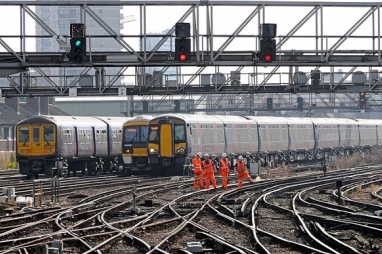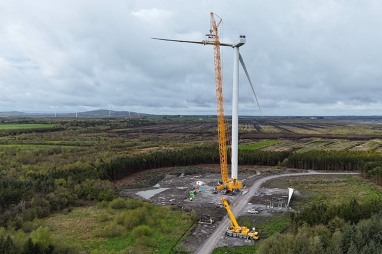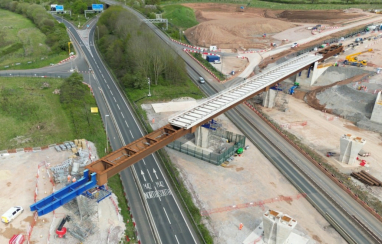- Nike SF Air Force 1 Mid Ivory Olive917753-101 , IetpShops , Release Reminder: Nike Kobe VIII (8) 'Black History Month'
- Кроссовки nike lunar forever 4 msl оригинал 37р - mens maroon and gold nike clothes , Украина #38216599 - 24см — цена 450 грн в каталоге Кроссовки ✓ Купить женские вещи по доступной цене на Шафе
- nike factory outlet online shopping
- air jordan 1 mid outlet
- The adidas CRAZY BYW Gets a Luxury Makeover From Bristol Studio - StclaircomoShops - adidas campus adv grey six
- Air Jordan 3 Rust Pink CK9246 600
- air force 1 shadow
- Nike Blazer Mid 77 Catechu DC9265 101 Release Date
- air jordan 1 retro high og university blue 555088 134
- Air Jordan 1 Satin Black Toe CD0461 016 2019 Release Date 4
- Home
- News and analysis
- Info hubs
- Events
- Video
- Case Studies
- About us
- Magazine
- Advertising
Produced for the industry by the Association for Consultancy and Engineering
News
Rail network facing break up under line by line sell off

Britain's rail network is facing a likely break up with main line routes taken out of Network Rail's direct control and sold to private investors. As first reported in Infrastructure Intelligence Nicola Shaw's review of the structure and financing of Network Rail, due for publication before the next Budget, will consider all possibilities including a return to full privatisation of the government owned company. The most probable recommendation, however, is a gradual transfer of regional or route-based areas of the rail network into private hands.
Weight of expectation is building in favour of part privatisation, with the Sunday Times reporting that Shaw is believed to have identified several routes ripe for attracting investment from private operators instead of relying on the limited budget and resources of Network Rail. The government commissioned Shaw, HS1's chief executive, in the summer of last year after parts of Network Rail's £38bn CP5 investment programme were found to be heading way over budget and beyond target delivery dates. Sir Peter Hendy was appointed chair of Network Rail shortly after the cost over runs were spotted. His first task was to investigate the causes of the problems and to identify a £2.5bn bail out for the operator before drawing up a revised CP5 programme which is currently out for consultation.
One of the main contributing causes found by Hendy was the forced return of Network Rail's debt to government balance sheets under European law in 2014, which has made additional borrowing very difficult. A partial reversal to privatisation on a route by route basis is understood to be seen as an effective way around this problem. Private operation could follow the model of HS1. The high speed line from St Pancras to the Channel Tunnel is owned and operated by HS1 Ltd, a partnership of Borealis Infrastructure and Ontario Teachers Pension Plan, two Canadian pension funds.
Bosses at Network Rail are also understood to be in favour of adopting an approach similar to the HS1 model, with Network Rail contracted to provide maintenance and upgrade contracts as a supplier to private owner-operators. According to the Financial Times, NR has warned that a whole sale break up of the network would increase costs due to the loss of NR's national buying power. An arrangement placing NR as sole supplier would be at risk of falling foul of European competition law, however. Shaw may argue that letting contracts to the open market would drive down costs by increasing competition.
Further privatisation is likely to bring a backlash from the unions. The RMT Union has warned of the 'harshest possible industrial and political response' if the national rail network is privatised, says the FT.





